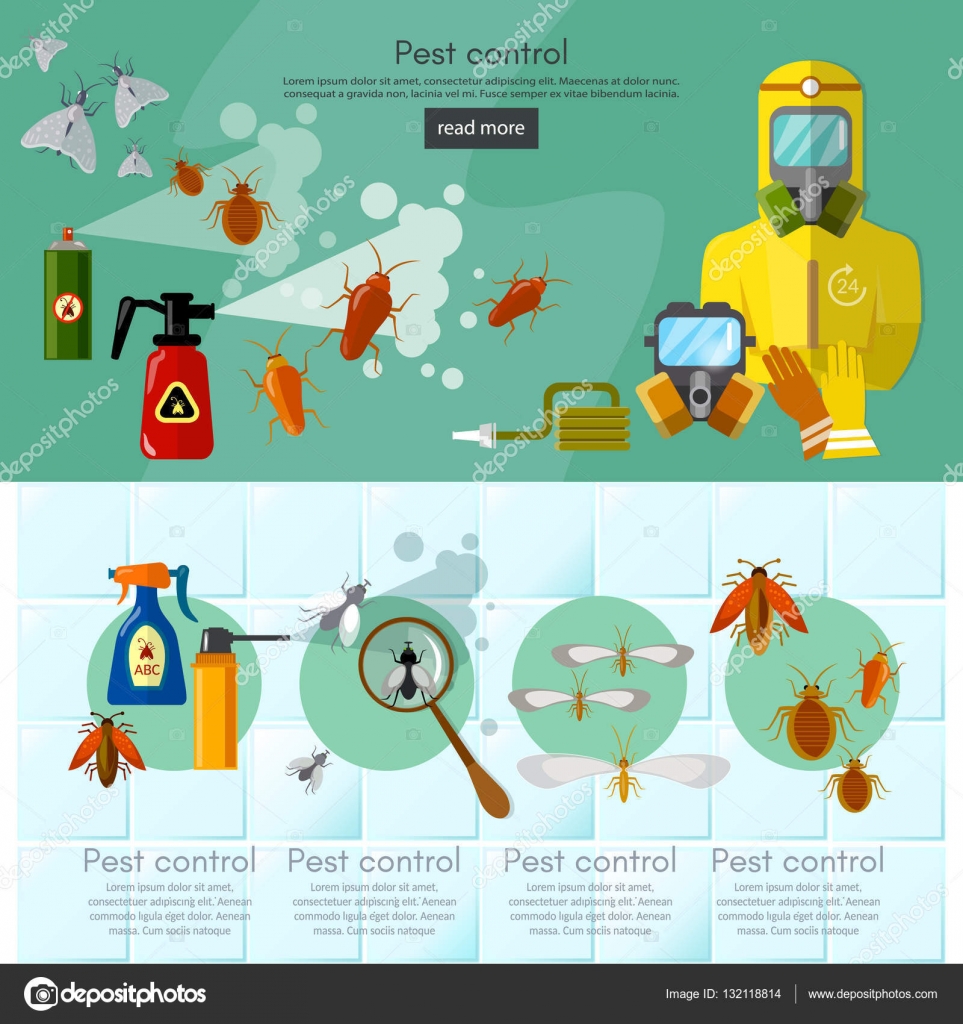Tips For Keeping Outdoor Parasites Far From Your Yard
Tips For Keeping Outdoor Parasites Far From Your Yard
Blog Article
Staff Author-Lambertsen Sharma
Visualize your garden as a sanctuary, a location of peace and beauty. Nevertheless, ant mound removal of outdoor pests can swiftly disrupt this picturesque photo. What if there were straightforward yet efficient means to keep these unwelcome visitors away and safeguard your yard sanctuary? By following a few functional pointers and implementing natural strategies, you can create an unified exterior room where your plants can flourish undisturbed.
Natural Pest Deterrents
To keep bugs away from your garden normally, plant fragrant herbs like mint and lavender. These aromatic plants not only add beauty to your garden but additionally function as efficient pest deterrents. Bugs like mosquitoes, flies, and even some garden-damaging insects are warded off by the solid aromas given off by these herbs. Merely putting them purposefully around your garden can assist produce a natural barrier against unwanted pests.
In addition to mint and lavender, think about growing other natural herbs like rosemary, basil, and lemongrass to better improve your garden's pest-proofing capabilities. pest extermination service as natural repellents yet also have the added advantage of being useful in cooking or crafting home made solutions.
Strategic Plant Positioning
Think about the design of your garden and the sorts of plants you have to purposefully position them for maximum pest-proofing effectiveness.
Start by grouping plants with similar resistance to parasites with each other. By doing this, you can develop a natural obstacle that discourages insects from spreading throughout your garden.
Additionally, placing pest-repelling plants like marigolds, lavender, or mint near more prone plants can help safeguard them. Tall plants, such as sunflowers or corn, can work as a shield for much shorter plants against parasites like bunnies or ground-dwelling bugs.
Remember to leave sufficient area in between plants to improve air circulation and reduce the danger of illness that pests might bring.
In addition, consider growing strong-smelling natural herbs like rosemary or basil near vulnerable plants to perplex insects' senses and make it harder for them to find their targets.
Efficient Insect Control Approaches
For combating yard insects successfully, applying a multi-faceted insect control technique is vital. Beginning by encouraging all-natural killers like birds, ladybugs, and hoping mantises to help keep pest populations in check. Presenting plants that draw in these advantageous insects can aid in pest control. Additionally, exercising great yard hygiene by eliminating particles and weeds where pests might hide can make your garden less congenial to undesirable visitors.
Take into consideration utilizing physical obstacles such as row cover textiles or netting to secure at risk plants from pests like caterpillars and birds. Using organic chemicals like neem oil or insecticidal soap can likewise work against particular bugs while being much less unsafe to advantageous insects and the atmosphere. It's vital to revolve your crops each period to prevent the buildup of pest populations that target specific plants.
Consistently check your plants for indicators of parasite damages so you can act without delay. By incorporating best insecticide for ants in lawn and staying cautious, you can effectively regulate yard parasites and take pleasure in a successful, pest-free yard.
Verdict
So, there you have it - with the right approaches, you can keep pesky outdoor parasites away from your yard and help your plants thrive.
Did you know that planting mint has been revealed to drive away insects and various other bugs, reducing the requirement for damaging chemicals by as much as 60%?
By integrating all-natural deterrents and smart growing strategies, you can develop a beautiful and pest-resistant garden sanctuary for you to appreciate.
